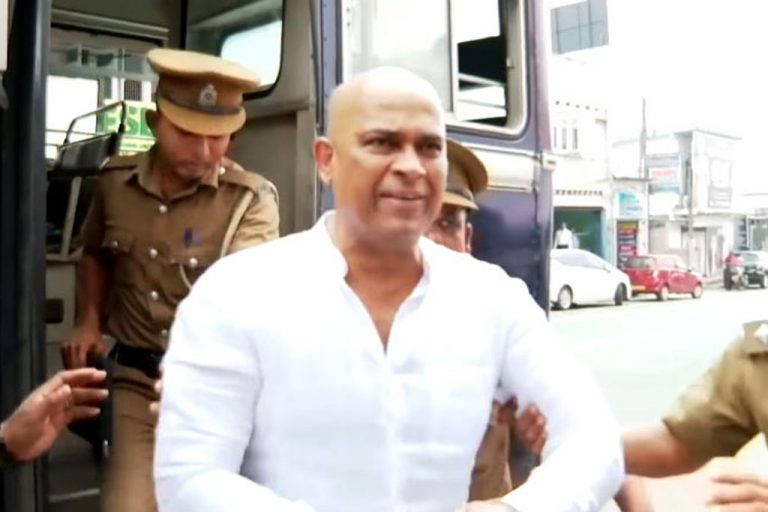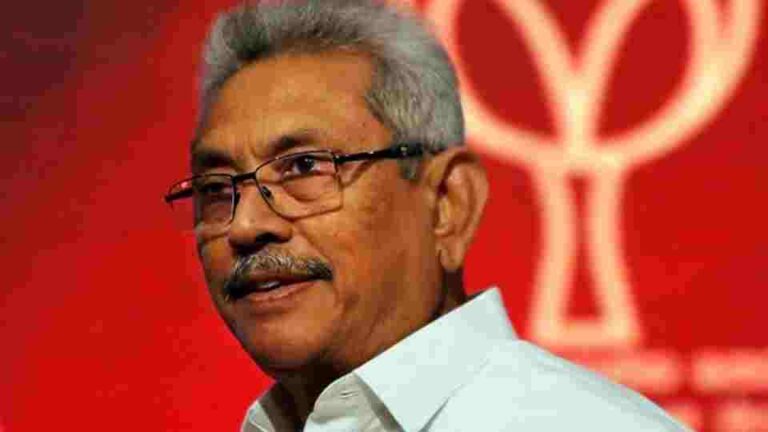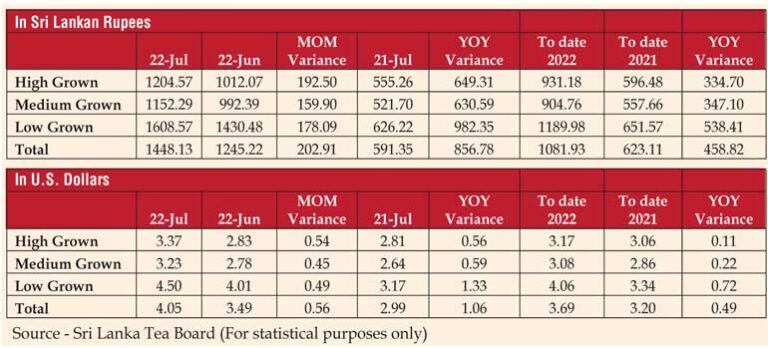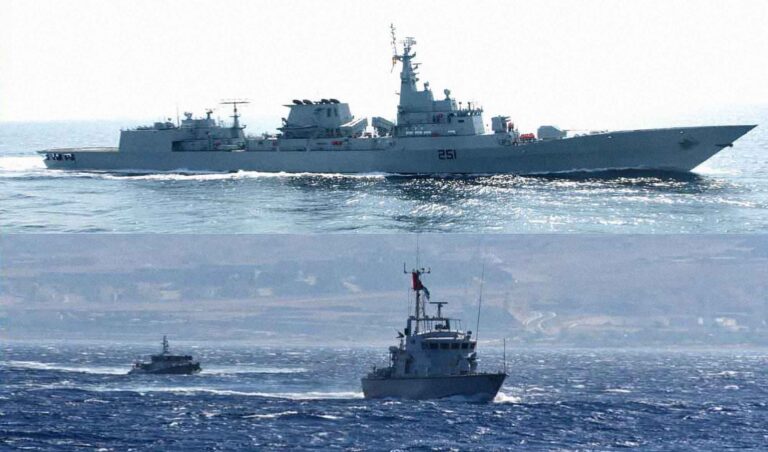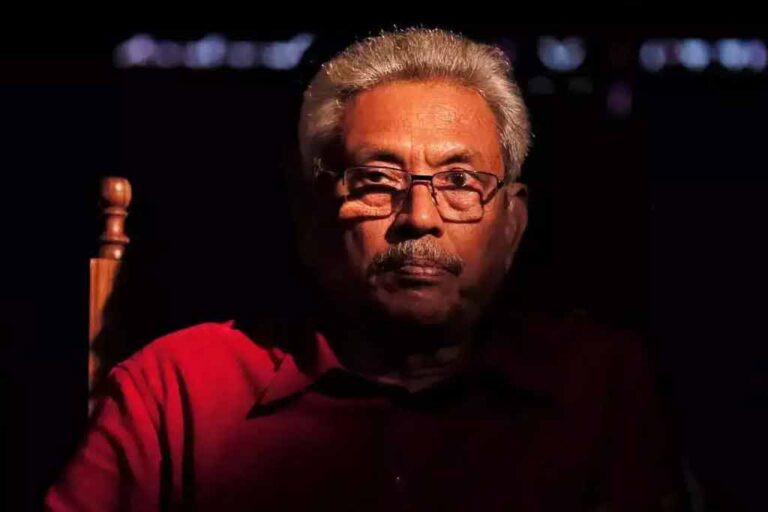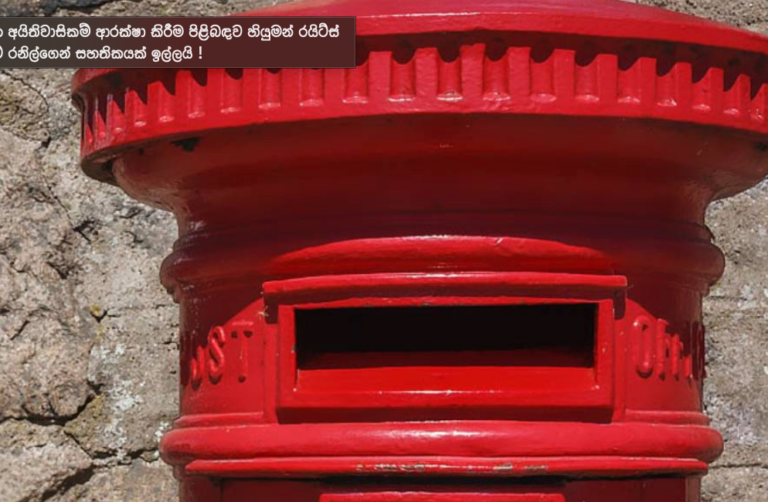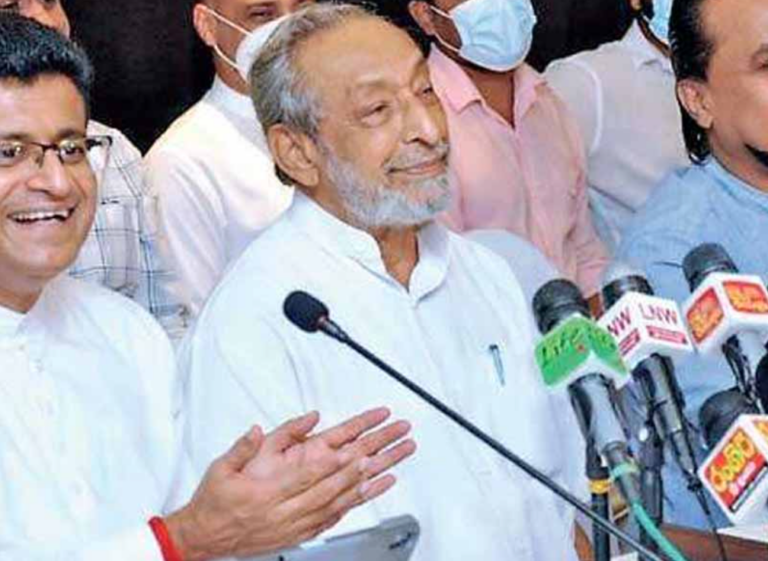Sri Lankans in large numbers fed up with the country’s economic crisis are increasingly desperate to go abroad for jobs where they can make the rupee plunge and help their families survive in hyperinflation by earning much needed foreign exchange to remit it home.
With the prevailing deep economic and political crisis in the country driving the demand for foreign employment to unprecedented levels, the government expects the official outward labour migration to reach a new all-time high of 330,000 this year.
Given the demand for foreign employment in Sri Lanka, we will now facilitate 330,000 foreign employment by the end of this year,” Labour and Foreign Employment Minister Manusha Nanayakkara announced last Saturday.
Accordingly, the senior management of the Sri Lanka Bureau of Foreign Employment (SLBFE) has reviewed and revised its annual business plan.
The Sri Lanka Bureau of Foreign Employment said that more than 120,000 people have gone abroad for employment in the first five months of 2022.
The Additional General Manager for International Affairs Mangala Randeniya said that this was a 100% spike compared to the previous year.
He also stated that only 122,000 people left for foreign employment in 2021
As of August 1, 174,584 Sri Lankans departed the country for foreign employment by registering with the SLBFE.
However, the actual outward labour migration numbers are estimated to be much higher. So far, Sri Lanka has only seen one instance where outward labour migration exceeded 300,000. In 2014, the country recorded 300,703 in outward labour migrations.
In 2021, 117,952 Sri Lankans departed the country for foreign employment, including around 78,000 new foreign employment seekers.
The vast majority of Sri Lankans are leaving the country for foreign employment in the unskilled and domestic aid (mostly housemaid) categories.
Qatar, Saudi Arabia, Kuwait, the UAE and Oman remained as preferred destinations, accounting for over 80 percent of these departures.
Recently, the government relaxed some of the barriers, encouraging the employees in the public sector to take up foreign employment opportunities.
The SLBFE has also launched a survey to identify the demand for foreign employment in the public sector.
Meanwhile, Nanayakkara revealed that worker remittance inflows had improved in July after declining to US $ 274 million in June.
For the first half, inward remittances plunged by 51.6 percent year-on-year to US $ 1.6 billion, with migrant workers continuing to remit a large swath of their earnings through unofficial channels such as Undiyal and Hawala, due to the attractive parallel exchange rates.

